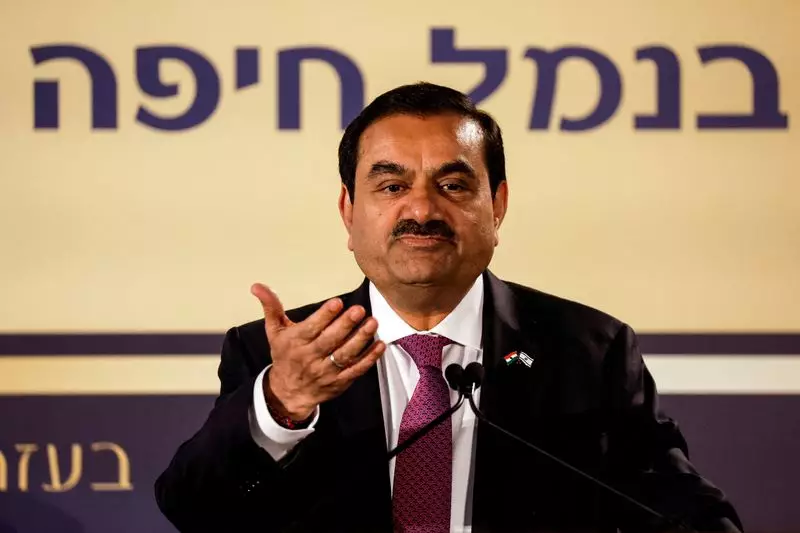Billionaire Gautam Adani, the chairman of the Adani Group, finds himself at the center of a significant controversy as he faces serious legal challenges in the United States. Accusations of a multibillion-dollar bribery and fraud scheme have led to an indictment that includes Adani and several other prominent figures. The charges suggest a coordinated effort to offer approximately $265 million in bribes to Indian officials in order to secure solar energy contracts that could potentially yield an impressive $2 billion over the next two decades. These dealings not only call into question the integrity of the business operations of Adani Group but also draw attention to larger systemic issues regarding the intersection of business and politics in India.
The unfolding situation emphasizes the troubling reliance on corrupt practices within the business climate in India. It reveals the lengths to which some corporate leaders may go to secure profitable contracts. The allegations describe how perpetrators, including Adani, used codename references like “Numero uno” to communicate, indicating a level of secrecy and awareness of the illicit nature of their actions. Furthermore, the role of Sagar Adani, Gautam’s nephew, in allegedly tracking bribe specifics via cellphone adds a layer of complexity to the indictment.
The fact that a considerable amount was raised for Adani Green Energy while obscuring corruption from potential lenders and investors surfaces serious concerns regarding corporate governance and the legal frameworks within which Indian companies operate. This ignorance—or willful negligence—preserves an environment where bribery and misconduct can flourish, endangering both the financial markets and the credibility of corporations.
The U.S. Justice Department’s decision to issue indictments under the Foreign Corrupt Practices Act signals a strong stance against international corruption. Such actions could have far-reaching effects not only on the individuals implicated but also on foreign investment in India. U.S. prosecutors’ involvement can deter potential Western investors, who may reconsider their interest in Indian markets if they perceive a higher risk of corruption.
Moreover, the involvement of high-profile figures across borders raises questions about international cooperation in legal processes. The indictment against Adani and his associates, including individuals from Azure Power Global and a Canadian investor, points to a transnational web of implications. It underscores the need for a concerted effort among nation-states to address corruption in multinational businesses, thereby safeguarding economic integrity globally.
Amid the legal turmoil, Gautam Adani’s recent claims regarding a significant investment in U.S. energy infrastructure suggest a dual narrative. His announcement of a potential $10 billion investment in U.S. projects with the promise of creating thousands of jobs stands in stark contrast to the allegations against him. This attempt to project an image of progress and commitment to economic growth may serve as a strategy to deflect scrutiny and reestablish credibility.
As this story continues to unfold, the question remains whether this alleged corruption will mark a turning point for corporate practices in India or merely serve to reinforce existing systemic issues. The potential failure or success of Singh’s investments could either mitigate or exacerbate ongoing allegations, significantly impacting public perception and corporate accountability.
The case against Gautam Adani is not just a legal battle; it represents a critical moment for reflection on ethical practices in corporate governance, especially within rapidly developing economies like India. As scrutiny increases and more details emerge, it is crucial for both businesses and governments to prioritize transparency and accountability to foster a culture devoid of corruption. Regardless of the indictment’s outcome, the ramifications are likely to resonate far beyond this specific case, prompting much-needed discussions about ethics in wealth creation and the broader implications for global economic relations.

